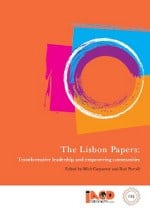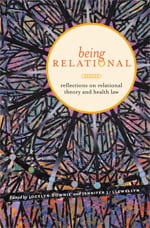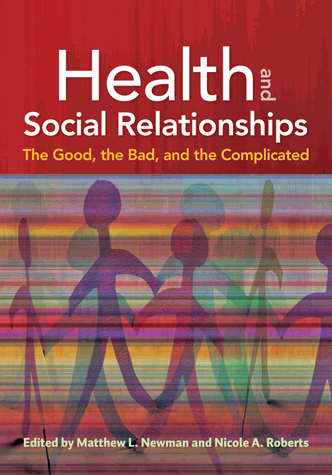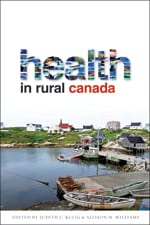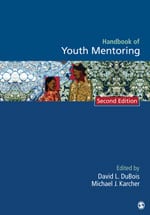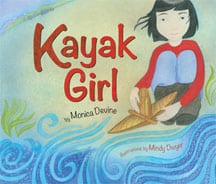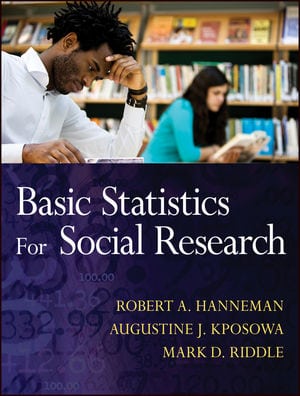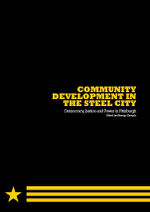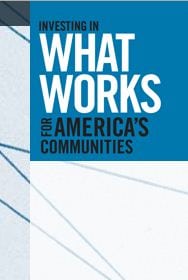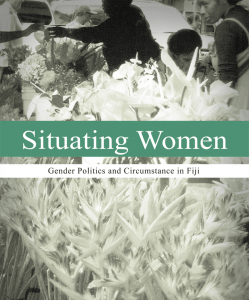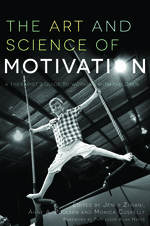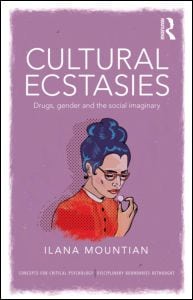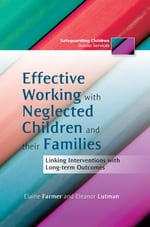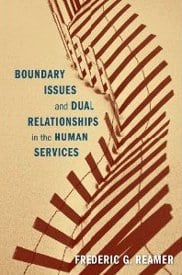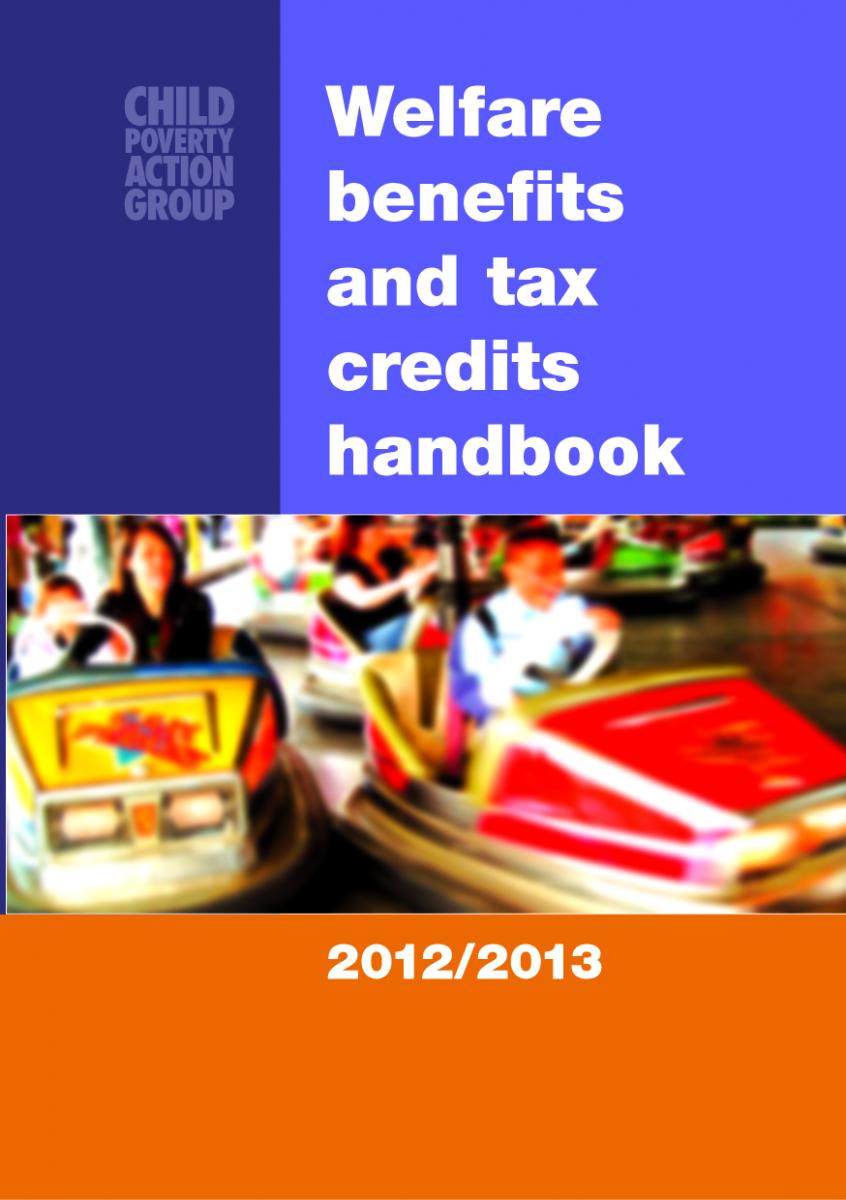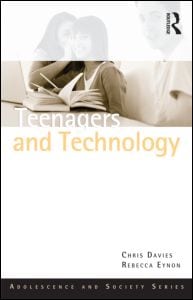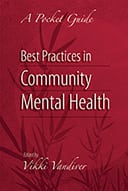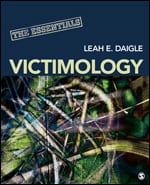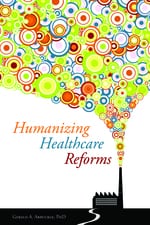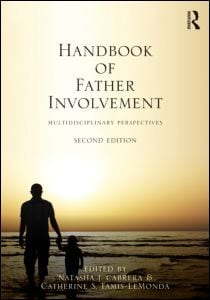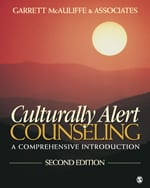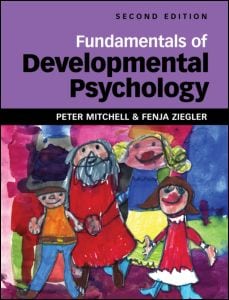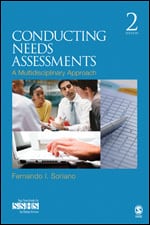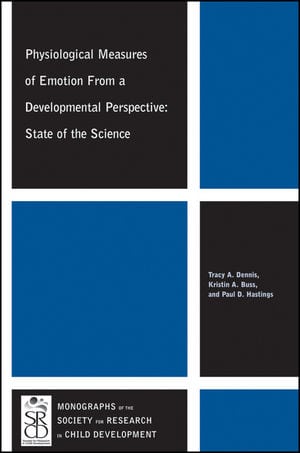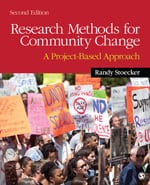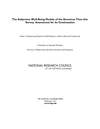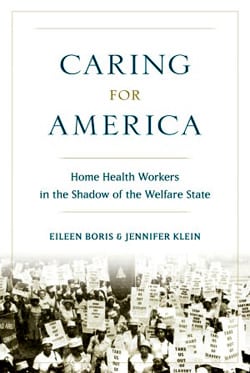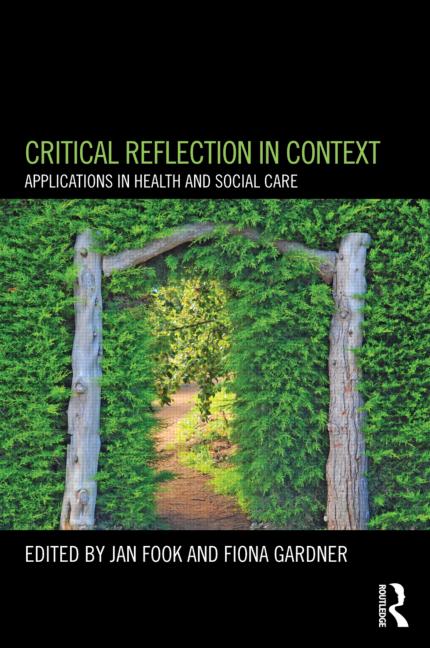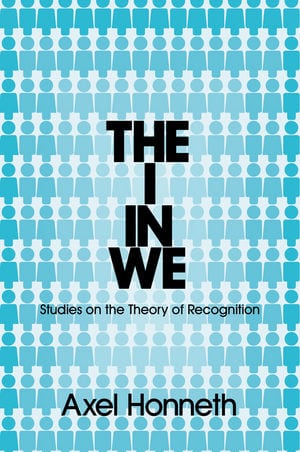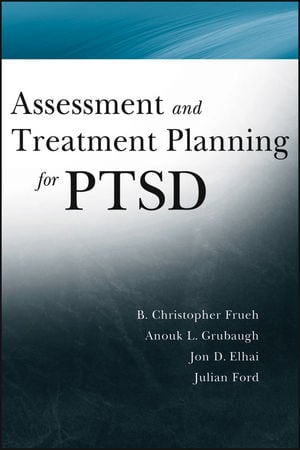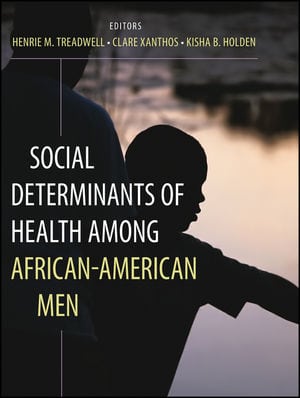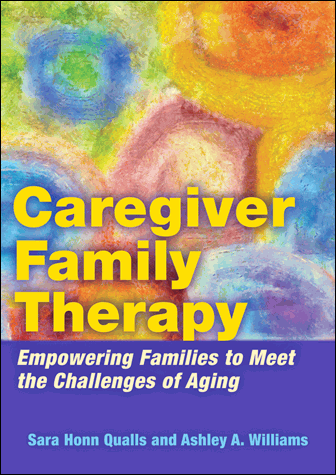Fertility rates have fallen dramatically around the world. In some countries, there are no longer enough children being born to replace adult populations. The disappearance of children is a matter of concern matched only by fears that childhood is becoming too structured or not structured enough, too short or too long, or just simply too different from the idealized childhoods of the past.
The Lisbon Papers
The papers in this collection all originated as presentations to the 2011 Lisbon conference of the International Association for Community Development (IACD) held in Lisbon from 6-8 July, in which CDJ actively participated. The conference theme was ‘Transformative Leadership and Community Empowerment’.
Being Relational: Reflections on Relational Theory and Health Law and Policy
At the heart of relational theory lies the idea that the human self is fundamentally constituted in terms of its relations to others. For relational theorists, the self not only lives in relationship with and to others, but also owes its very existence to such relationships. In this groundbreaking collection, leading relational theorists explore the key concepts of autonomy, judgment, equality, justice, memory, identity, and conscience. In response, health policy and law scholars analyze how such considerations might be brought to bear on pressing issues such as reproduction, allocation of scarce resources, Aboriginal health, mental health, and animal experimentation.
The Capitalist Personality: Face-to-Face Sociality and Economic Change in the Post-Communist World
Modern capitalism favors values that undermine our face-to-face bonds with friends and family members. Focusing on the post-communist world, and comparing it to more “developed” societies, this book reveals the mixed effects of capitalist culture on interpersonal relationships. While most observers blame the egoism and asocial behavior found in new free-market societies on their communist pasts, this work shows how relationships are also threatened by the profit orientations and personal ambition unleashed by economic development. Successful people in societies as diverse as China, Russia, and Eastern Germany adjust to the market economy at a social cost, relaxing their morals in order to obtain success and succumbing to increased material temptations to exploit relationships for their own financial and professional gain.
School Social Work: A Direct Practice Guide
Covers the foundations of working with children and adolescents in schools, applying practice knowledge to the special school and population settings. The main goal of this text is to a provide hands on and practical experience for students studying to become school social workers. Each chapter will review a basic concept and then use two in-depth activities to apply the concepts to practice. It will be closely aligned with the EPAS standards and will have a strong focus on evidence based interventions, critical thinking, and diversity. The books will cover the following topics: Typical day in the life of a school social work; Introduction, special topics, and skills and techniques; special education; collaboration and school consultation; diversity; current issues in education; policy and evaluation; case studies and global issues.
A Terrible Thing Happened: A Story for Children Who Have Witnessed Violence or Trauma
 [2000] Sherman Smith saw the most terrible thing happen. At first he tried to forget about it, but soon something inside him started to bother him. He felt nervous for no reason. Sometimes his stomach hurt. He had bad dreams. And he started to feel angry and do mean things, which got him in trouble. Then he met Ms. Maple, who helped him talk about the terrible thing that he had tried to forget. Now Sherman is feeling much better.
[2000] Sherman Smith saw the most terrible thing happen. At first he tried to forget about it, but soon something inside him started to bother him. He felt nervous for no reason. Sometimes his stomach hurt. He had bad dreams. And he started to feel angry and do mean things, which got him in trouble. Then he met Ms. Maple, who helped him talk about the terrible thing that he had tried to forget. Now Sherman is feeling much better.
This gently told and tenderly illustrated story is for children who have witnessed any kind of violent or traumatic episode, including physical abuse, school or gang violence, accidents, homicide, suicide, and natural disasters such as floods or fire. An afterword by Sasha J. Mudlaff written for parents and other caregivers offers extensive suggestions for helping traumatized children, including a list of other sources that focus on specific events.
Health and Social Relationships: The Good, The Bad, and The Complicated
We know that good, supportive relationships generally promote good health, and that bad, stressful relationships take a toll on our health. Yet most of our relationships — relatives, coworkers, caregivers, and romantic partners among them — are complicated, providing varying degrees of both support and stress.
Health in Rural Canada
Health research in Canada has mostly focused on urban areas, often overlooking the unique issues faced by Canadians living in rural and remote areas. This volume provides the first comprehensive overview of the state of rural health and health care in Canada, from coast to coast and in northern communities. The contributors bring insights and methodologies from nursing, social work, geography, epidemiology, and sociology and from community-based research to a full spectrum of topics: health literacy, rural health care delivery and training, Aboriginal health, web-based services and their application, rural palliative care, and rural health research and policy.
Handbook of Youth Mentoring, Second Edition
A state-of-the-art compilation of theory, research, and practice in the field of youth mentoring. The first edition was recognized as “best edited book” by the Society for Research on Adolescence. The Second Edition features an increased focus on critical issues in evidence-based mentoring practice, including ethical issues, youth safety, mentor training, relationship terminations, and mentor-youth matching. It also includes several new chapters on emerging topics of importance in mentoring of youth, including the role of mentoring in prevention and in positive youth development interventions; social class issues in mentoring; group mentoring and mentoring for youth with mental health needs; children with incarcerated parents; and immigrant youth.
Understanding Parricide: When Sons and Daughters Kill Parents
Understanding Parricide is the most comprehensive book available about juvenile and adult sons and daughters who kill their parents. Dr. Heide moves far behind the statistical correlates of parricide by synthesizing the professional literature on parricide in general, matricide, patricide, double parricides, and familicides. As a clinician, she explains the reasons behind the killings. Understanding Parricide includes in-depth discussion of issues related to prosecuting and defending parricide offenders. The book is enriched with its focus on clinical assessment, case studies, and follow-up of parricide offenders, as well as treatment, risk assessment, and prevention.
Hard Time: Reforming the Penitentiary in Nineteenth-Century Canada
Prisons have always existed in a climate of crisis. The penitentiary emerged in the early decades of the nineteenth century as an enlightened alternative to brute punishment, one that would focus on rehabilitation and the inculcation of mainstream social values. Central to this goal was physical labour. The penitentiary was constructed according to a plan that would harness the energies of the prison population for economic profit. As such, the institution became central to the development of industrial capitalist society. In the 1830s, politicians in Upper Canada embraced the idea of the penitentiary, and the first federal prison, Kingston Penitentiary, opened in 1835. It was not long, however, before the government of Upper Canada was compelled to acknowledge that the penitentiary had not only failed to reduce crime but was plagued by insolvency, corruption, and violence.
Kayak Girl
In Kayak Girl a young child learns to cope with serious loss by focusing on something larger than herself. After Jana’s mother dies, she becomes withdrawn. Her grandfather, a carver, pays the girl a visit and finds her unresponsive to his care. He carves a figure of a girl in a kayak and asks Jana to promise that she will watch for the figure after he releases it upriver.
Basic Statistics for Social Research
Teaches core general statistical concepts and methods that all social science majors must master to understand (and do) social research. Its use of mathematics and theory are deliberately limited, as the authors focus on the use of concepts and tools of statistics in the analysis of social science data, rather than on the mathematical and computational aspects. Research questions and applications are taken from a wide variety of subfields in sociology, and each chapter is organized around one or more general ideas that are explained at its beginning and then applied in increasing detail in the body of the text.
Challenging Hegemonic Masculinity
Beginning with the work of Antonio Gramsci and a focus on developing the full complexity of his theory of hegemony, Howson’s fascinating new book then moves on through theory, applications and analysis of various topical issues, discussing and extending the work of R.W. Connell, and drawing out new possibilities for social justice in gender.
Autism and Other Neurodevelopmental Disorders
Provides clinicians with up-to-date information on the impact these advances have on the standard of care in the range of disorders commonly encountered by both primary and subspecialist physicians. The authors, affiliated with the UC-Davis MIND Institute, explain the latest findings from the biological, behavioral, and clinical sciences in ways that are accessible to clinicians and helpful to patients and their families.
Community development in the steel city: Democracy, justice and power in Pittsburgh
Youth, Arts, and Education: Reassembling Subjectivity through Affect
Through examples from the United Kingdom and Australia, Anna Hickey-Moody shows the cultural significance of the kinds of learning that occur in and through arts. Drawing on the thought of Gilles Deleuze, she develops the theory of affective pedagogy, which explains the process of learning that happens through aesthetics.
Investing in What Works for America’s Communities
Situating women: gender politics and circumstance in Fiji
This book documents how women activists have understood and responded to these challenges. It is the first book to write women into Fiji’s postcolonial history, providing a detailed historical account of that country’s gender politics across four tumultuous decades. It is also the first to examine the ‘situated’ nature of gender advocacy in the Pacific Islands more broadly. It does this by analysing trends in activity, from women’s radical and provocative activism of the 1960s to a more self-evaluative and reflexive mood of engagement in later decades, showing how interplaying global and local factors can shape women’s understandings of gender justice and their pursuit of that goal.
The Art and Science of Motivation: A Therapist’s Guide to Working with Children
The book provides readers with both a theoretical and practical understanding of methods for engaging and working successfully with children with a range of difficulties, from physical disabilities to learning disabilities and emotional and behavioural difficulties. The authors present an innovative new paradigm – the model of Synthesis of Child, Occupational Performance and Environment – In Time (SCOPE-IT) – for working with these groups to enhance motivation and engagement and to achieve the best possible treatment outcomes.
Cultural Ecstasies: Drugs, Gender and the Social Imaginary
Effective Working with Neglected Children and their Families: Linking Interventions to Long-term Outcomes
Boundary Issues and Dual Relationships in the Human Services
Dr. Frederic G. Reamer, a certified authority on professional ethics, offers a frank analysis of a range of boundary issues and their complex formulations. He confronts the ethics of intimate and sexual relationships with clients and former clients, the healthy parameters of practitioners’ self-disclosure, electronic relationships with clients, the giving and receiving of gifts and favors, the bartering of services, and the unavoidable and unanticipated circumstances of social encounters and geographical proximity.
International Social Work Issues, Strategies, and Programs: Second Edition
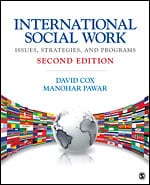 Utilizing an integrated perspectives approach incorporating global, human rights, ecological and social development perspectives, the International Social Work, 2e is designed to prepare social workers, human services professionals, development practitioners who desire to play significant roles in responding to modern global challenges that are critical to the well-being of people, communities, nations and ultimately of us all.
Utilizing an integrated perspectives approach incorporating global, human rights, ecological and social development perspectives, the International Social Work, 2e is designed to prepare social workers, human services professionals, development practitioners who desire to play significant roles in responding to modern global challenges that are critical to the well-being of people, communities, nations and ultimately of us all.
Welfare Benefits and Tax Credits Handbook
Known as “the adviser’s bible”, this handbook gives you comprehensive coverage of all welfare benefits and tax credits, updated annually. This edition gives advice about entitlement in 2012/13, and helps readers understand the sweeping changes taking place over the next few years. It includes new chapters with advance information on universal credit and personal independence payment, and also explains how existing benefits will be affected by the changes.
Teenagers and Technology
Teenagers and Technology presents a balanced picture of the part played by technology in the lives of young people. Drawing on extensive interviews conducted over several years, this book offers a timely and non-sensational exploration of teenagers’ experiences and opinions about the digital technologies they use, desire and dislike.
The Making of Lee Boyd Malvo: The D.C. Sniper
Called in by the judge to serve on Malvo’s defense team, social worker Carmeta Albarus was instructed by the court to uncover any information that might help mitigate the death sentence the teen faced. Albarus met with Malvo numerous times and repeatedly traveled back to his homeland of Jamaica, as well as to Antigua, to interview his parents, family members, teachers, and friends. What she uncovered was the story of a once promising, intelligent young man, whose repeated abuse and abandonment left him detached from his biological parents and desperate for guidance and support.
Best Practices In Community Mental Health: A Pocket Guide
Victimology: The Essentials
Victimology: The Essentials is the comprehensive, yet concise core textbook for your course! Drawing from the most up-to-date research, this accessible, student-friendly text provides an overview of the field of Victimology, with an overarching focus on the extent, causes, and responses to victimization. Renowned author and researcher Leah E. Daigle expertly relays the history and development of the field of Victimology, the extent to which and why people are victimized, how the Criminal Justice system and other social services interact with victims and each other, and information about specific types of victimization, including contemporary issues such as stalking, hate crimes, human trafficking, terrorism, and more.
Humanizing Healthcare Reforms
This book looks at the problems facing healthcare systems from a social anthropological angle, and argues for a return to a values-based approach to healthcare. The author clarifies how organizations need to identify the goals that unite their members and how individuals at every level can contribute to positive change in their organizations.
Handbook of Father Involvement: Multidisciplinary Perspectives, Second Edition
This second edition reviews the new research findings and theoretical advances on fathers, families, child development, programs, and policies that have occurred in the past decade. Contributors from a range of disciplines and countries showcase contemporary findings within a new common chapter structure. All of the chapters are either extensively revised or entirely new. Biological, evolutionary, demographic, developmental, cultural, sociological, economic, and legal perspectives of father involvement are described along with policy and program implications.
Culturally Alert Counseling: A Comprehensive Introduction, Second Edition
A Student’s Dictionary of Psychology
Forensic Music Therapy: A Treatment for Men and Women in Secure Hospital Settings
This book demonstrates diverse approaches from music therapy teams working in secure settings. Case studies provide evidence for the use of music therapy with a variety of client groups including adult and adolescent offenders, men and women with personality disorders and mental illnesses in low, medium and high secure treatment settings.
The Columbia Guide to Social Work Writing
Edited by Warren Green and Barbara Levy Simon
Social work practitioners write for a variety of publications, and they are expected to show fluency in a number of related fields. Whether the target is a course instructor, scholarly journal, fellowship organization, or general news outlet, social workers must be clear, persuasive, and comprehensive in their writing, especially on provocative subjects. This first-of-its-kind guide features top scholars and educators providing a much-needed introduction to social work writing and scholarship. Foregrounding the process of social work writing, the coeditors particularly emphasize how to think about and approach one’s subject in a productive manner.
Fundamentals of Developmental Psychology: Second Edition
Conducting Needs Assessments: A Multidisciplinary Approach, Second Edition
The Panicosaurus: Managing Anxiety in Children Including Those with Asperger Syndrome
This fun, easy-to-read and fully illustrated storybook will inspire children who experience anxiety, and encourage them to banish their own Panicosauruses with help from Mabel’s strategies. Parents and carers will like the helpful introduction, explaining anxiety in children, and the list of techniques for lessening anxiety at the end of the book.
Physiological Measures of Emotion From a Developmental Perspective: State of the Science
In the past decade, there has been a dramatic growth in research examining the development of emotion from a physiological perspective. However, this widespread use of physiological measures to study emotional development coexists with relatively few guiding principles, thus reducing opportunities to move the field forward in innovative ways. The goal of this monograph is to present the state of the science on the physiology of emotion from a developmental perspective in order to take stock of the knowledge base at this historical moment in time and to cultivate greater integration and coordination in the field as a whole.
Research Methods for Community Change
Everyone is a member of a community, and every community is continually changing. To successfully manage that change, community members need information. This book is an in-depth review of all of the research methods that communities can use to solve problems, develop their resources, protect their identities, and build power. With an engaging writing style and numerous real world examples, Randy Stoecker shows how to use a project-based research model in the community to diagnose a community condition, prescribe an intervention for the condition, implement the prescription, and evaluate its impact. At every stage of this model there are research tasks, from needs and assets assessments to process and outcome studies. Readers also learn the importance of involving community members at every stage of the project and in every aspect of the research.
The Subjective Well-Being Module of the American Time Use Survey: Assessment for Its Continuation
The American Time Use Survey (ATUS), conducted by the Bureau of Labor Statistics, included a subjective well-being (SWB) module in 2010 and 2012. The module, funded by the National Institute on Aging (NIA), is being considered for inclusion in the ATUS for 2013. The National Research Council was asked to evaluate measures of self-reported well-being and offer guidance about their adoption in official government surveys. The charge for the study included an interim report to consider the usefulness of the ATUS SWB module, specifically the value of continuing it for at least one more wave. Among the key points raised in this report are the value, methodological benefits, and cost and effects on the ATUS and new opportunities.
Caring for America: Home Health Workers in the Shadow of the Welfare State
In this narrative history from the Great Depression of the 1930s to the Great Recession of today, “Caring for America” rethinks both the history of the American welfare state from the perspective of care work and chronicles how home care workers eventually became one of the most vibrant forces in the American labor movement.
Critical Reflection in Context: Applications in Health and Social Care
Including an up-to-date overview of the framework written by Jan Fook, this helpful text makes a significant contribution in terms of the practical theorizing of critical reflection. It will be of use to health and social care professionals keen to practice creatively and effectively, especially those undertaking short courses or further development in supervision, critical reflection, advanced practice, and leadership and management.
The I in We: Studies in the Theory of Recognition
Drawing on his reassessment of Hegel’s practical philosophy, Honneth argues that our conception of social justice should be redirected from a preoccupation with the principles of distributing goods to a focus on the measures for creating symmetical relations of recognition. This theoretical reorientation has far-reaching implications for the theory of justice, as it obliges this theory to engage directly with problems concerning the organization of work and with the ideologies that stabilize relations of domination.
Social Media Marketing All-in-One For Dummies, 2nd Edition
Assessment and Treatment Planning for PTSD
Social Determinants of Health Among African-American Men
This groundbreaking book applies the concept of social determinants of health to the health of African- American men. While there have been significant efforts in recent years to eliminate health disparities, serious disparities continue to exist especially with regard to African–American men who continue to suffer disproportionately from poor health when compared to other racial, ethnic, and gender groups in the United States. This book covers the most important issues relating to social determinants of health and also offers viable strategies for reducing health disparities.
Caregiver Family Therapy: Empowering Families to Meet the Challenges of Aging
Caring for an older family member with physical or cognitive impairments is a difficult, strenuous process. Caregivers often struggle to balance their own needs with those of the care recipient. Their relationships with family, friends, coworkers, and even the care recipient can suffer as well. As a result, family members often seek professional help to guide them through the caregiving process.
Social Work, Law and Ethics
Law and ethics are two vital aspects of social work – all social workers need to practise according to the law and their codes of ethics and conduct. However, the relationship between the law and social work values and ethics is not without its tensions and this book takes a problem-based approach to explore the dilemmas and challenges that can arise.
Debtor Nation: The History of America in Red Ink
Before the twentieth century, personal debt resided on the fringes of the American economy, the province of small-time criminals and struggling merchants. By the end of the century, however, the most profitable corporations and banks in the country lent money to millions of American debtors. How did this happen? . . . . America’s newfound indebtedness resulted not from a culture in decline, but from changes in the larger structure of American capitalism that were created, in part, by the choices of the powerful–choices that made lending money to facilitate consumption more profitable than lending to invest in expanded production.

